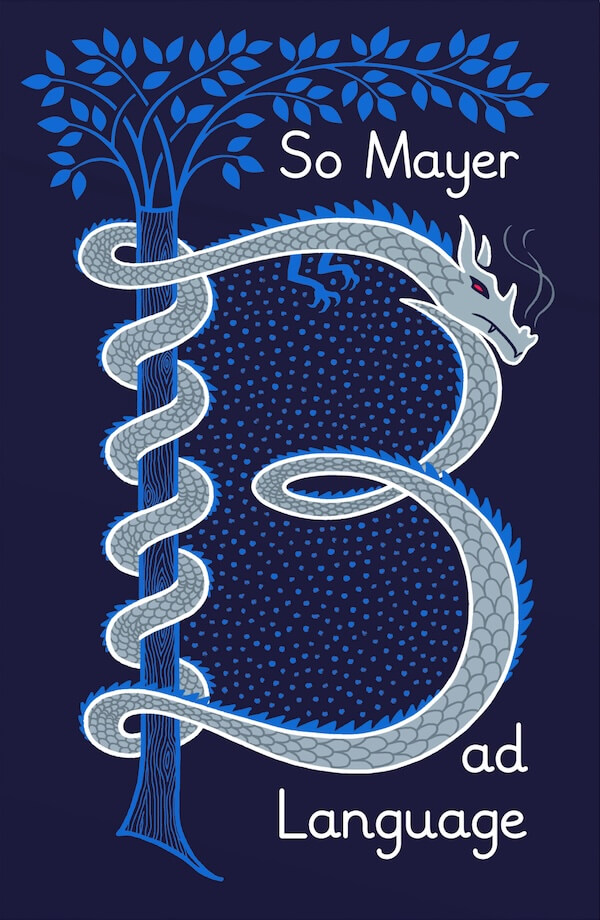
Sensing Earth: Cultural Quests Across a Heated Globe
Philipp Dietachmair ed., Pascal Gielen ed., Georgia Nicolau ed.
Sensing Earth states that our environmental issues are in the first place a matter of culture and aesthetics. Technology and science are not enough to solve these problems.
Our globe is facing an escalation of ecological problems, with no quick solutions in sight. We seem to be caught in a spiral of health issues, burnout, sensory overload, depression, and somatic deprivation. Artists faced with these crises are looking for ways to articulate the ongoing emergencies and explore possible ways out. However, the arts and culture are caught in a double bind. Artists and cultural initiatives need circulation to let ideas intersect and create meaningful connections. However, this globalized system also contributes to the planet’s ecological decline: by countless journeys from one biennale, international residency, touring exhibition and networking event to the next. After the Covid-19 pandemic ‘business as usual’ seems to prevail.
Sensing Earth includes essays, interviews, poetry, manifestos, choreographic prompts, speculative fiction, and case studies operating at the intersection of art and activism, culture and nature. All texts explore what sensorial foundations are necessary to address systemic failures, and what routes to take for keeping us moving on this planet, physically, emotionally and intellectually.
Contributors: Grégory Castéra, Center for Arts, Design and Social Research (Dalída Maria Benfield, Christopher Bratton, Luigi Coppola, Pelin Tan), Philipp Dietachmair, Futurefarmers, Pascal Gielen, Marina Guzzo, INLAND (Fernando García-Dory), Meander, Georgia Nicolau, Luciane Ramos Silva, Noel B. Salazar, Joy Mariama Smith, Naine Terena de Jesus, Dea Vidović, André Wilkens, Ana Žuvela





